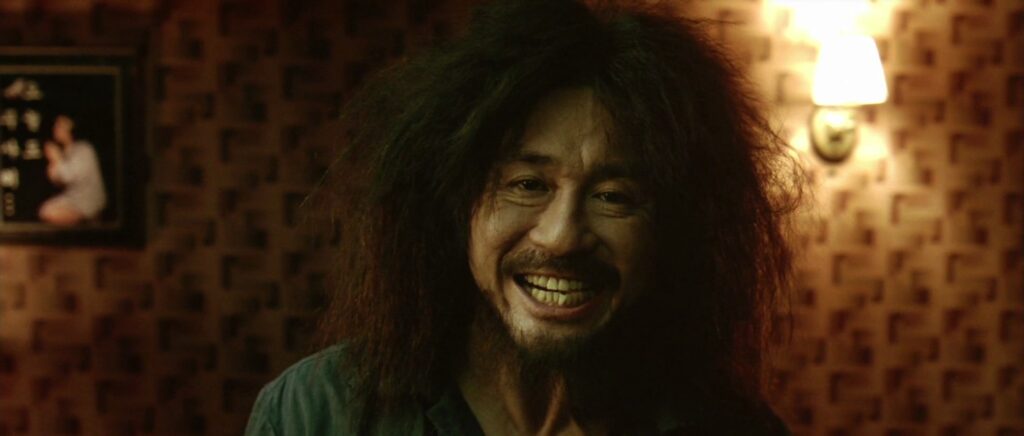Read also:
How to Watch FX Live Without CableHow To Watch AMC Without CableHow to Watch ABC Without CableHow to Watch Paramount Network Without CableThe man who arguably put South Korean cinema on the world map is the focus of this month’s retrospectives.
Would there be a Parasite — or at least, a Parasite that won Best Picture at the 2020 Academy Awards and swept the American box office — without Oldboy? It’s a presumptuous question, to be sure, but one worth asking, especially as global audiences grow more accustomed to (and enamored of) the intricacies and tone-defying appeal of South Korean cinema. While Bong Joon-ho is arguably the country’s most well-known and celebrated director today, another man must at least share credit with Director Bong for popularizing South Korean cinema in the West — Park Chan-wook.
Much of what we associate with South Korean cinema can be traced back to the American audience’s embrace of both Bong and Park’s works — the dark humor, the intricate lacing of absurdism with abject violence, the heavy hand of sociopolitical commentary undergirding every plot point and sumptuously-framed image. Contemporaries in the early 21st-century Korean cinema scene, both Bong and Park had huge crossover hits championed by folks like previous Filmmaker of the Month recipients Quentin Tarantino and Spike Lee. But before Bong could achieve cult status in America with his 2005 monster movie The Host, it’s arguably Park’s Vengeance Trilogy — Sympathy for Mr. Vengeance, Oldboy, and Lady Vengeance — that put South Korea on the map for international audiences.

Despite their grindhouse notoriety, especially in the earlier parts of Park’s career, his films are shockingly meditative, often musing on subjects as grisly as revenge, fate, and the specter of violence. He doesn’t shy away from that violence, either: Oldboy is arguably his blood-soaked magnum opus, lingering on sliced-off tongues or claw hammers to the head with exploitation-movie levels of glee. And yet, with his painterly compositions and intriguing command of tone, even the bloodiest of his works feel like prayers — massacres as pleas for humanity from people driven to the edges of their will. There are plenty of squib-heavy Korean action movies out there, but Park’s thrillers feel more intriguingly messy than that. Images like Oldboy‘s protagonist, Oh Dae-su, chomping greedily on a live octopus only hammer home (eh?) the notion that Park’s protagonists all yearn for some kind of visceral connection to life. For the vampires of Thirst and the young sociopath at the center of Stoker, this disconnect from humanity is even more visible.
It’s not all blood and guts, though; there are surreal rom-coms like I’m a Cyborg… But That’s OK, lush, queer period romantic thrillers (The Handmaiden), English-language debuts filled with southern Gothic energy (Stoker), and more, all contributing to Park’s consistent work to live up to, and sometimes defy, his reputation. Over the course of the month, we’ll explore the lion’s share of Park’s ten films (and one television series) to date, and try to crack the code on the surprising connections between the tenderness and terror of a Park Chan-wook film.